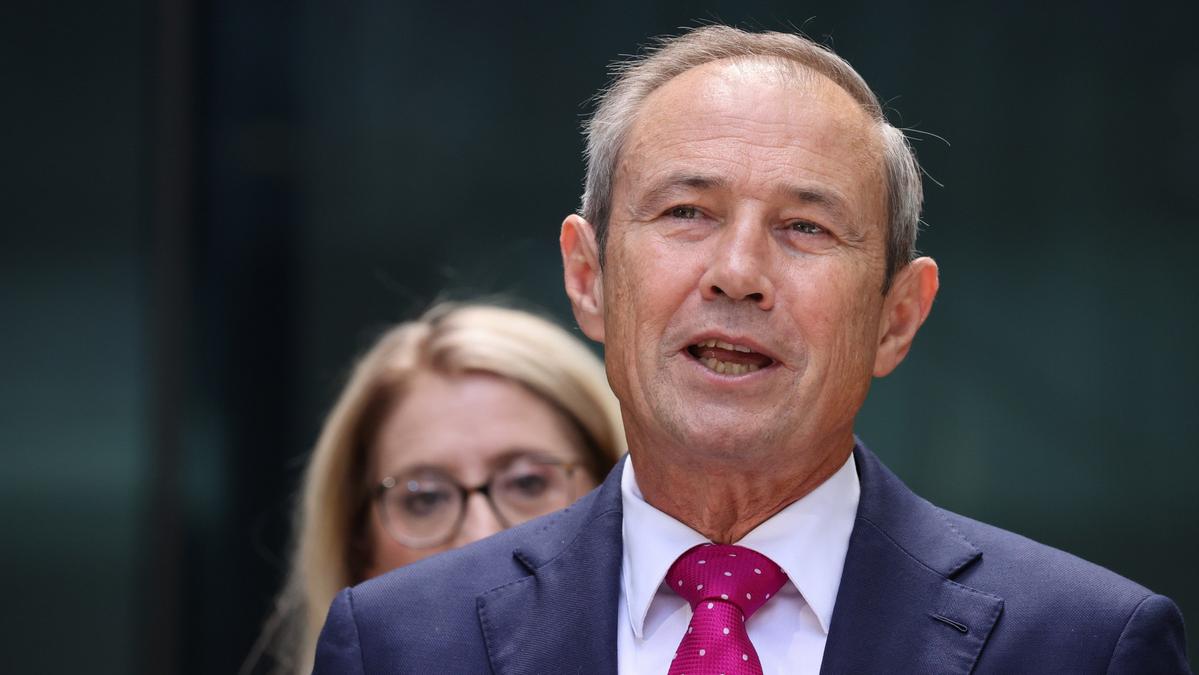
Ken Henry, an influential figure in Australian public policy, has called for a comprehensive overhaul of the Environment Protection and Biodiversity Conservation (EPBC) Act. This initiative aims to expedite the rollout of renewable energy projects while addressing ongoing concerns about social license and environmental protections.
In a recent address, Henry highlighted that the current regulatory framework is hampering the swift transition to renewable energy. He emphasized that reforming the EPBC Act is essential for Australia to meet its climate goals and foster economic growth. “We need a regulatory environment that supports innovation and sustainability,” he stated, underscoring the importance of aligning environmental protections with the urgent need for renewable energy development.
Challenges in the Current Framework
The EPBC Act, established to protect Australia’s unique biodiversity and ecosystems, has faced criticism for being overly complex and time-consuming. Henry pointed out that lengthy approval processes discourage investment in renewable energy projects. He cited examples of projects that have been stalled due to bureaucratic hurdles, preventing Australia from fully capitalizing on its renewable resources.
Current public sentiment also poses a challenge. While there is a pressing need for renewable energy to combat climate change, many communities express concerns about the social and environmental impacts of these projects. Henry acknowledged that addressing these concerns is crucial for gaining public support. “Achieving a balance between environmental protection and renewable energy expansion is not only beneficial but necessary for long-term sustainability,” he explained.
Future Prospects for Renewable Energy
As Australia aims to reduce its carbon emissions and transition towards greener energy sources, the government is under pressure to act. The Climate Change Authority has set ambitious targets, including a commitment to achieve net-zero emissions by 2050. Henry’s call to action aligns with these targets, advocating for a more streamlined regulatory process that does not compromise environmental integrity.
Investors and stakeholders in the renewable energy sector are closely watching these developments. The Australian Government’s ability to reform the EPBC Act could significantly influence investment decisions, potentially unlocking billions of dollars in funding for renewable projects over the next decade. According to industry estimates, achieving these reforms could lead to the creation of thousands of jobs and substantial economic benefits.
In conclusion, Ken Henry’s push for an overhaul of environmental protections reflects a growing recognition of the need for urgent action in the face of climate change. As discussions continue, the outcome will play a pivotal role in shaping Australia’s energy landscape and its commitment to a sustainable future.







